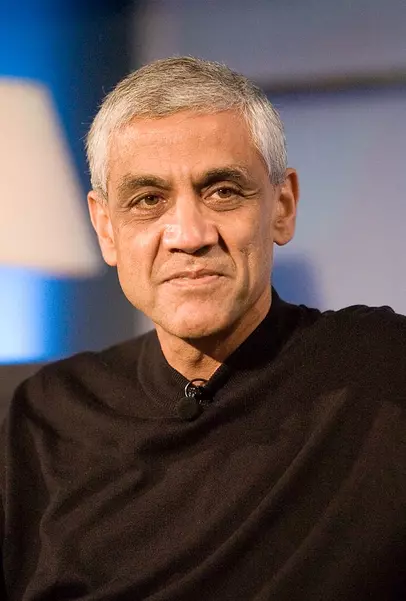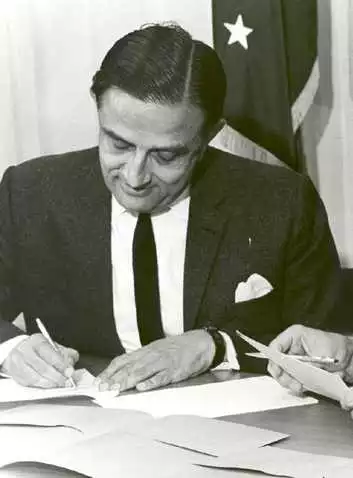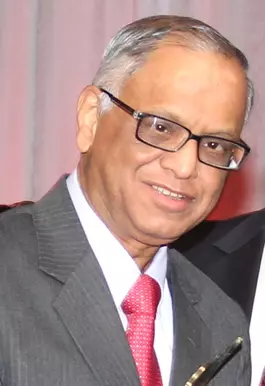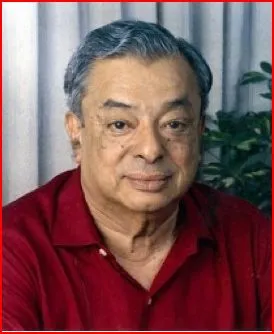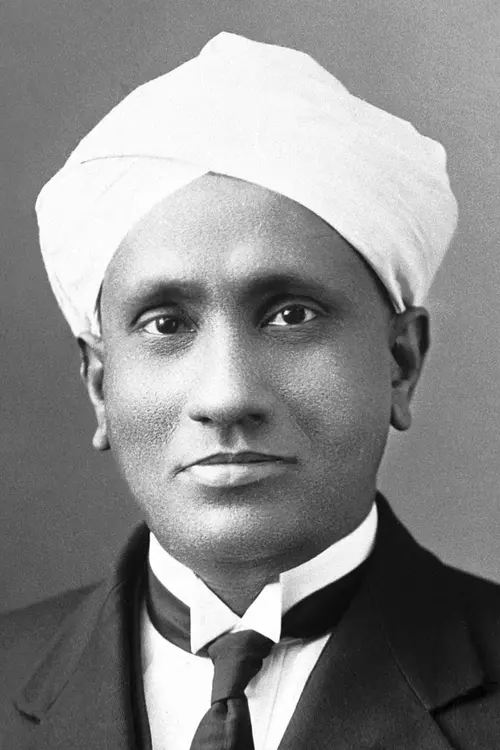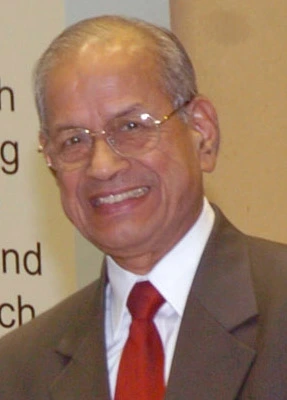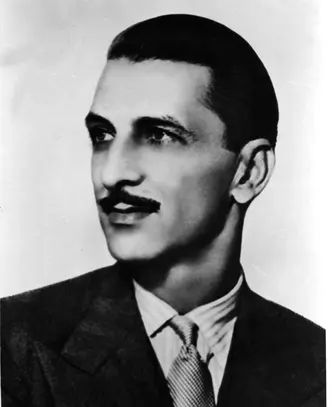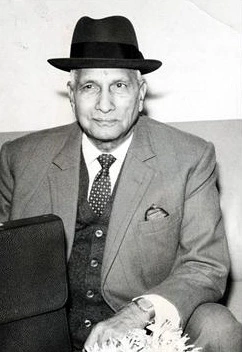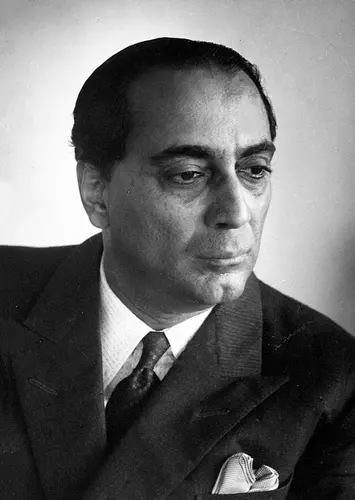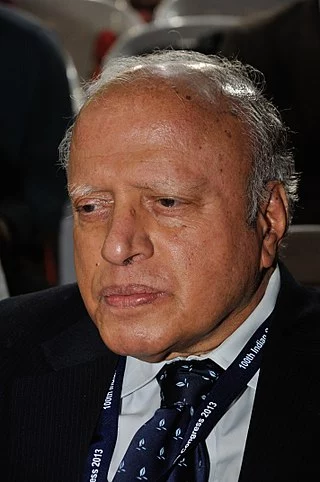About - Amartya Sen
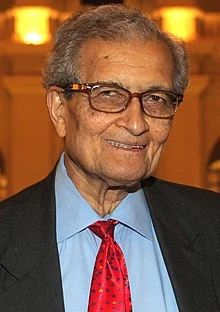
Amartya Sen is an Indian economist and philosopher who has made significant contributions to the fields of welfare economics, social choice theory, and development economics. Here's a brief biography of Amartya Sen:
Amartya Sen was born on November 3, 1933, in Santiniketan, India. He studied economics at Presidency College, Kolkata, and later pursued his postgraduate studies at Trinity College, Cambridge. Sen completed his Ph.D. in economics at Trinity College in 1959.
Throughout his career, Sen held prestigious academic positions at renowned institutions such as the Delhi School of Economics, the London School of Economics, and Harvard University. He has also served as the Master of Trinity College, Cambridge.
Amartya Sen's research focuses on issues of poverty, inequality, and social justice. He developed the concept of "capability approach," which emphasizes the importance of evaluating well-being in terms of individuals' freedom to achieve the lives they have reason to value. His work has challenged traditional economic theories by highlighting the multidimensional nature of poverty and the significance of social and political factors in development.
Sen has published numerous influential books and articles, including "Poverty and Famines" (1981), "Development as Freedom" (1999), and "The Idea of Justice" (2009). He has been recognized with several prestigious awards, including the Nobel Memorial Prize in Economic Sciences in 1998 for his contributions to welfare economics.
Beyond his academic work, Amartya Sen has been actively involved in policy debates and advocacy for social change. He has been an influential voice in addressing issues such as human rights, gender inequality, and the importance of education and healthcare in development.
Amartya Sen's work has had a profound impact on the fields of economics and social sciences, shaping our understanding of poverty, inequality, and human development. His insights into the complexities of social and economic challenges have contributed to policy formulation and the pursuit of a more equitable and just society.
Amartya Sen Social profile links
| Date Of Birth | 03-11-1933 |
| Birth Place | Santiniketan, West Bengal, India |
| Wikipedia Page | Click here to visit Amartya Sen Wikipedia page |
“Famous Quotes
Here are some notable quotes by Amartya Sen:
1. "Development is not just about income. It is about health, education, and freedom."
2. "Poverty is not just a lack of money; it is not having the capability to realize one's full potential as a human being."
3. "Freedoms are not just the ends, but also the means of development."
4. "Inequality of capabilities translates into inequality of well-being."
5. "Democracy is not just about voting and elections; it is about the ability to participate meaningfully in the decisions that affect one's life."
6. "Development cannot be achieved by economic growth alone; it requires a focus on human well-being and social justice."
7. "Development is the removal of various types of unfreedoms that leave people with little choice and little opportunity of exercising their reasoned agency."
8. "The success of a society should be judged not only by its material wealth but also by the opportunities it provides for its citizens to lead fulfilling lives."
9. "The functioning of a society should be evaluated not only by the goods and services it produces but also by the freedoms it allows and the capabilities it enables."
10. "Human beings are not just passive recipients of economic benefits; they are active agents who have the capability to shape their own lives and the society they live in."
These quotes reflect Amartya Sen's perspectives on development, freedom, capabilities, inequality, and the importance of human well-being in assessing the progress of societies.


